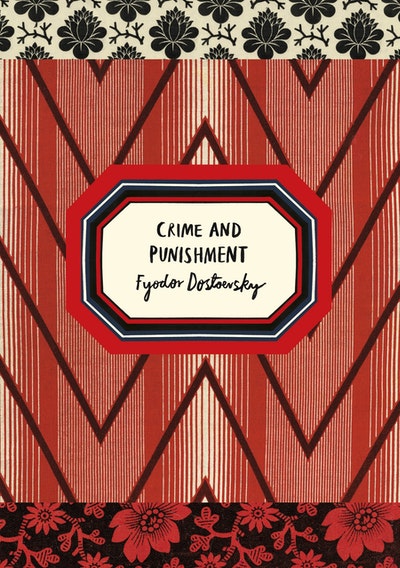- Published: 15 April 2016
- ISBN: 9780307949875
- Imprint: Knopf US
- Format: Paperback
- Pages: 336
- RRP: $40.00
Notes from a Dead House
Buy from…
- Published: 15 April 2016
- ISBN: 9780307949875
- Imprint: Knopf US
- Format: Paperback
- Pages: 336
- RRP: $40.00
"Excellent.... Dostoevsky's constant preoccupation is the meaning of human freedom and the prisoners' preservation of their dignity." --Harper's Magazine "A priceless addition to the literature of the penal experience.... A master of psychological portraiture.... A testament to the power of the human will, the way it can marshal patience and imagination and hope against the most nightmarish assaults on human dignity." --The New Criterion "One of the most harrowingly universal books Dostoevsky ever wrote.... It's cause for no small celebration that the extraordinary series of translations by Pevear and Volokhonsky has now seized on Notes from The House of the Dead." --The Buffalo News "The appearance of any new translation by Richard Pevear and Larissa Volokhonsky is always an event in a literary season.... [A] powerful new translation." --Open Letters Monthly "One of literature's definitive prison memoirs.... A classic made current and a welcome addition to the library of Russian literature in translation." --Kirkus Reviews "Dostoevsky unflinchingly describes the dehumanization of prison, such as the way fetters were not even lifted from the dying, but also conveys how the flame of humanity survives even under such conditions, allowing cleverness and compassion to endure. This new translation is eminently readable." --Publishers Weekly







